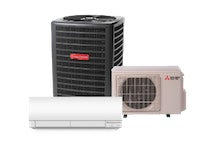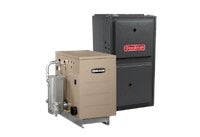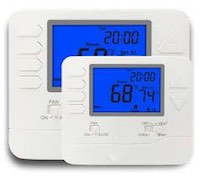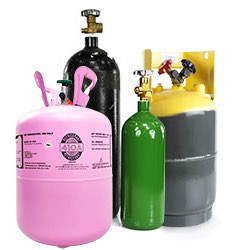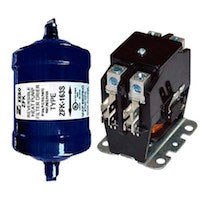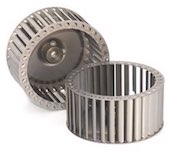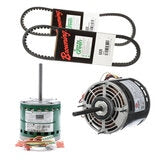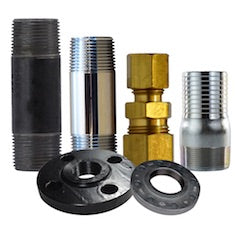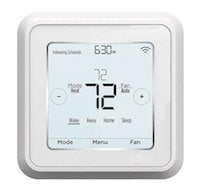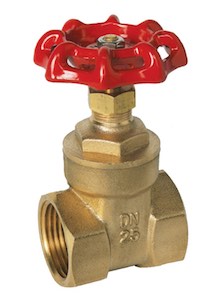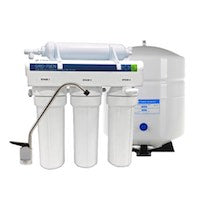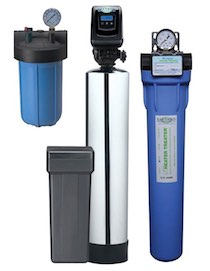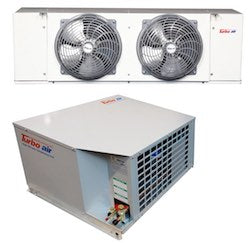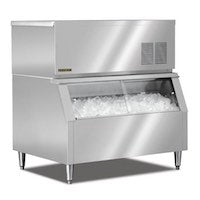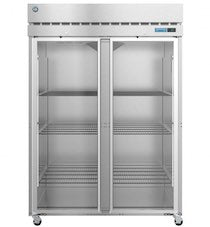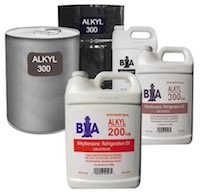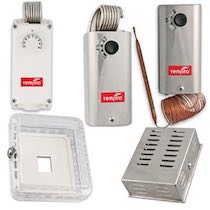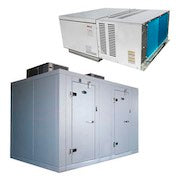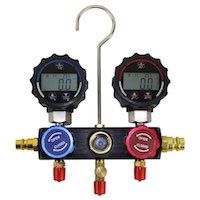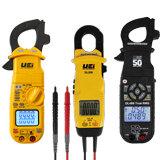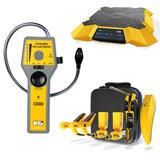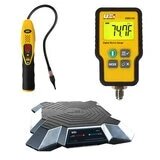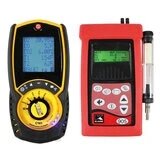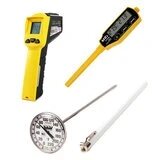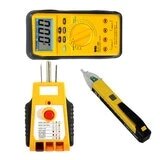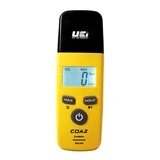
Efficient Controls Ventilation: Essential for Healthy Indoor Environments
In today's world, where indoor air quality has become a significant concern, effective controls ventilation systems are more critical than ever. Proper ventilation control not only ensures a continuous supply of fresh air but also helps in maintaining optimal humidity levels, reducing the concentration of indoor pollutants, and enhancing overall comfort.
Why Controls Ventilation is Necessary
Ventilation control systems are integral to maintaining a healthy and comfortable indoor environment. They play a crucial role in regulating airflow, ensuring that indoor spaces are consistently supplied with fresh air while expelling stale air. This balance is essential in preventing the buildup of harmful pollutants, including volatile organic compounds (VOCs), allergens, and excess moisture, which can lead to mold growth and other health hazards.
Benefits of Advanced Ventilation Control Systems
1. Improved Air Quality: Modern controls ventilation systems are designed to filter and purify the air, significantly improving indoor air quality. By continuously monitoring and adjusting airflow, these systems help to reduce the presence of airborne contaminants, contributing to a healthier living or working environment.
2. Energy Efficiency: One of the key benefits of advanced ventilation controls is their energy efficiency. By optimizing airflow based on real-time needs, these systems minimize energy consumption, leading to significant cost savings on utility bills. Moreover, energy-efficient ventilation systems are also environmentally friendly, reducing the overall carbon footprint.
3. Enhanced Comfort: A well-regulated ventilation system ensures that indoor spaces remain comfortable throughout the year. Whether it's maintaining the right temperature or controlling humidity levels, advanced controls ventilation systems adapt to changing conditions, ensuring that occupants experience consistent comfort.
4. Compliance with Regulations: Many regions have strict building codes and regulations concerning indoor air quality and ventilation. Installing a high-quality ventilation control system ensures compliance with these standards, helping to avoid potential legal issues and ensuring a safe environment for all occupants.

 HVAC
HVAC
 Plumbing
Plumbing
 ELECTRICAL
ELECTRICAL
 Tools & Test Instruments
Tools & Test Instruments
